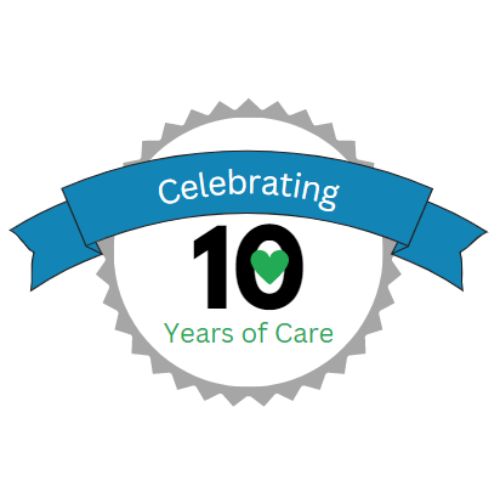Senior Home Care Services in Florida
Senior home care services, expertly designed to meet you and your loved one’s needs and help them achieve overall wellness.

Our Senior Home Care Services in Florida
Our home care services are designed to meet the needs of our clients and help them to achieve overall wellness.
Personalized Home Care Services in Boca Raton and Palm Beach County
As a specialized nurse registry, we are committed to tailored and personalized home care solutions that cater to the unique needs, preferences and lifestyles of seniors. Our mission is to enhance the well-being and quality of life for seniors by matching them with caregivers who understand and value their individuality.

A Holistic Approach to Home Care
Caregivers we refer are equipped to provide comprehensive support including assistance with activities of daily living such as grooming, dressing and meal preparation to specialized care for conditions like Alzheimer’s and dementia. Our nurse registry is committed to enhancing seniors’ quality of life while preserving their independence, dignity and a sense of purpose.
Beyond just providing assistance, home care services are rooted in forming meaningful connections between caregivers and seniors. The caregivers referred by our nurse registry are not only proficient professionals but also compassionate individuals who value the essence of companionship and trust. Seniors benefit from caregivers who are dedicated to enriching their lives, offering not just assistance but also genuine companionship that brightens their days.
We Will Match You With a
Caregiver Best Suited to Your Needs
Caregiver Best Suited to Your Needs
As a licensed nurse registry, Florida First Senior Home Care can refer you to qualified Home Health Aides and Certified Nurses’ Assistants. These professionals are accomplished in aiding clients with various everyday tasks including bathing, dressing, ambulation, eating, using the toilet, transferring, light housekeeping, laundry, shopping and running errands.
We Can Match You With a Caregiver Best Suited For Your Needs
As a nurse registry, Florida First Senior Home Care can refer you to qualified Home Health Aides and Certified Nurses’ Assistants. These professionals are skilled in aiding clients with various everyday tasks including bathing, dressing, moving around, eating, using the toilet, transferring, light housekeeping, laundry, shopping, and running errands.

Empowering Seniors to Thrive at Home
We understand that each senior has unique care needs and preferences, so our caregiver referrals are tailored to cater to those individualities. By referred caregivers who resonate with seniors’ lifestyles and communities, we ensure that seniors receive care that is culturally sensitive and aligned with their sense of belonging.
Our home care services reflects the Florida First Senior Home Care difference – a commitment to providing compassionate and personalized care solutions that celebrate the essence of senior life. Through our nurse registry’s referrals, we bridge the gap between skilled care and genuine companionship, offering seniors an opportunity to age with grace, dignity and joy. Contact us today to explore how our nurse registry serving Boca Raton, West Palm Beach, Boca Del Mar, Boynton Beach, Delray Beach, Lake Worth, Port St. Lucie and more can match your loved ones with caregivers who understand and cater to their unique needs, fostering a journey of well-being and comfort.
Our Service Area
At Florida First Senior Home Care, we are proud to serve communities throughout South Florida. We specialize in matching you with caregivers who can give highly personalized home care services with the utmost professionalism and compassion. Our team of experienced home care professionals is available to assist you with a wide variety of needs.
Home Care You Can Trust
At Florida First Senior Home Care, we understand the unique needs and preferences of each individual. Our expert team works diligently to connect you with a caregiver who not only possesses the required skills and experience but also resonates with your loved one’s personality and lifestyle.
With our personalized approach, you can be confident that your family members will receive compassionate and customized care in Boca Raton, West Palm Beach, Boca Del Mar, Boynton Beach, Delray Beach, Lake Worth, Port Saint Lucie and more.
Have a Question? Contact Us Today!
With a commitment to enhancing well-being and ensuring comfort, we bring professional and affordable home care solutions right to your doorstep.
Call (561) 279-5470 or Inquire Below


